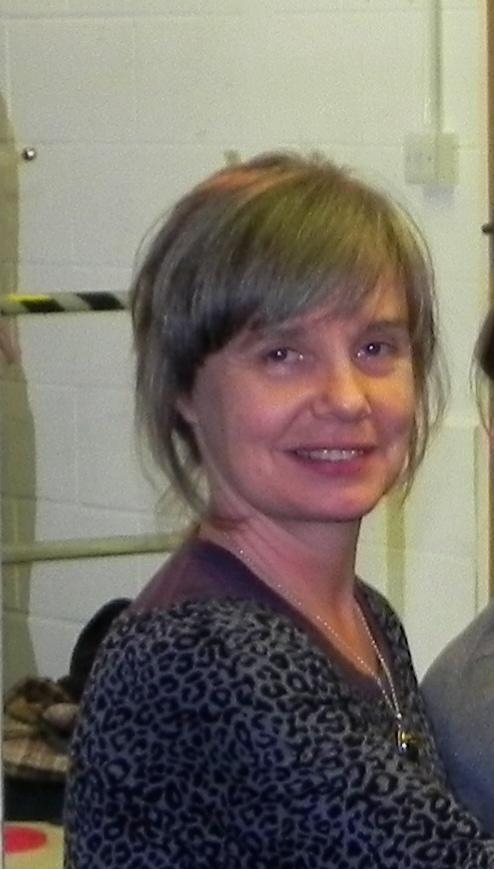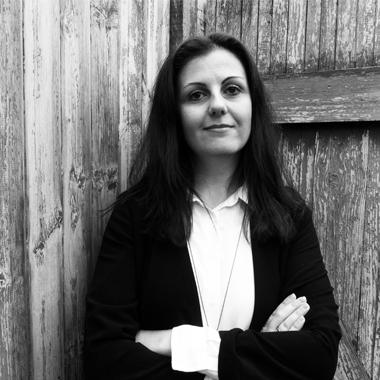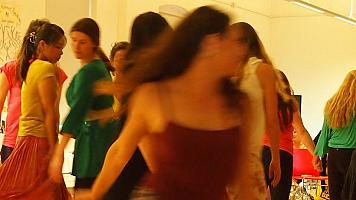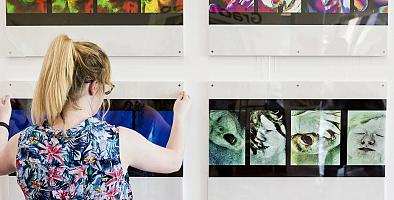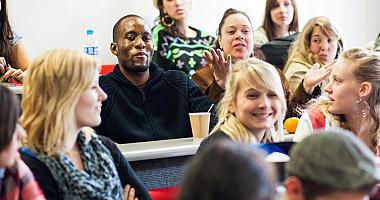MA
Dance Movement Psychotherapy
Content navigation menu
Why study MA Dance Movement Psychotherapy at Goldsmiths
This programme provides you with a broad understanding of the theories and practices of dance movement therapy necessary for safe and effective clinical work, and enables you to practise as a dance movement psychotherapist.
- Your learning will be underpinned by the principles and practices of psychodynamic psychotherapy within the social, political and multicultural context of mental health care and educational settings. Study is informed by contemporary dance practice, Laban Movement Analysis (LMA) and somatic bodywork.
-
Through theoretical studies, movement observation studies, dance practice workshops, clinical work and experiential learning, you integrate cognitive understanding and practical experience with a developing awareness of self and other.
- The MA aims to enhance your self-knowledge and interpersonal relationships and to promote your psychodynamic understanding of individuals, groups and society – working with questions of difference, equality and diversity.
-
The nature of the therapeutic relationship is explored in depth through movement and dance and you have the opportunity to put your learning into practice through at least 90 days of supervised placements. This gives you the opportunity to relate your practical experience to your theoretical studies.
-
You'll be encouraged to develop your own dance/movement practice and to situate your work in relation to your development as a therapist, to contemporary dance and movement practice. You're required to be in personal therapy throughout the programme (please note that this is at your own cost).
-
On graduation you are eligible to become a registered professional member of the Association for Dance Movement Psychotherapy UK.
Contact the department
If you have specific questions about the degree, contact the Admissions Tutor, Dr Caroline Frizell or the Programme Convenor, Dr Marina Rova.
Length
2 years full-time or 3 years part-time
Fees
Home - full-time: £10350
Home - part-time: £6900
International - full-time: £22640
Department
Social, Therapeutic and Community Studies
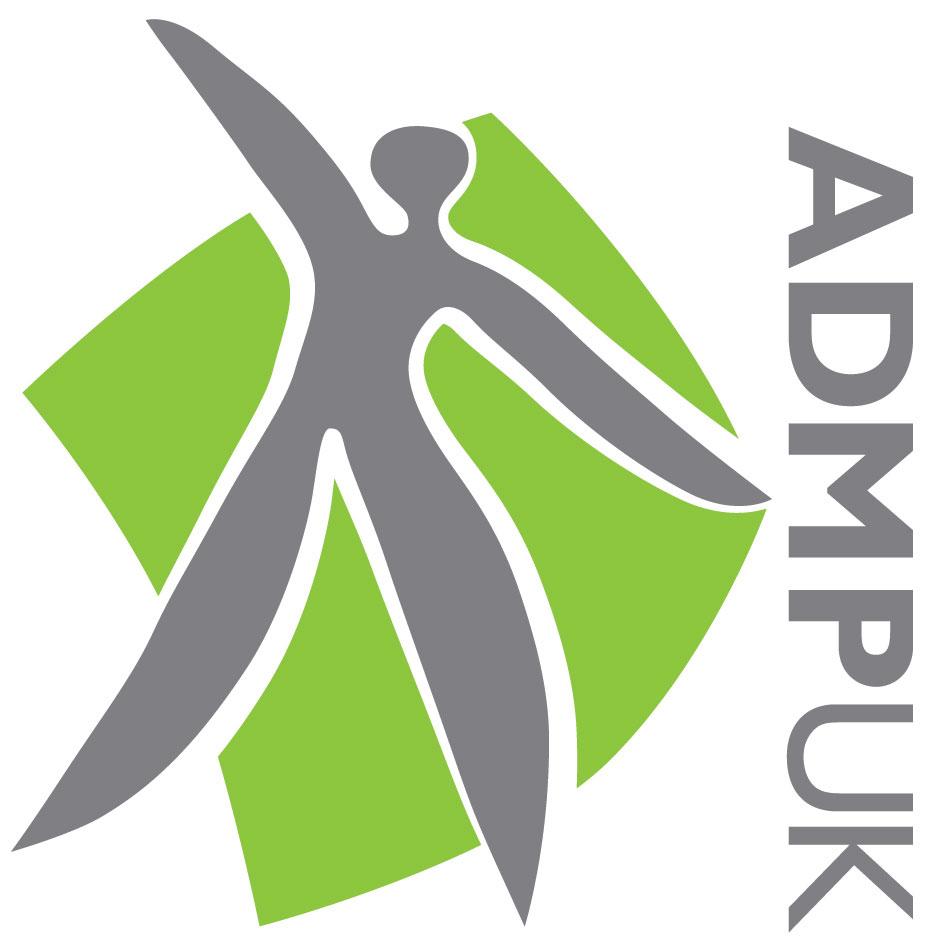
This programme is accredited by the Association for Dance Movement Psychotherapy UK.
What you'll study
You'll complete the following compulsory modules on either a full-time or part-time basis:
| Module title | Credits |
|---|---|
| Theory, Practice and Experiential Learning 1 | 30 credits |
| Fieldwork and Supervision 1 (Parts A and B) | 30 credits |
| Clinical Case Portfolio 1 | 60 credits |
| Fieldwork and Supervision 2 | 30 credits |
| Theory, Practice and Experiential Learning 2 | 30 credits |
| Clinical Case Portfolio 2 | 60 credits |
How you'll be assessed
You’ll be assessed by the following: coursework, film, portfolio, case study, dissertation, log, reports.
Careers
Examples of places and areas that our MA Dance Movement Psychotherapy graduates are currently working in include:
- Mainstream, special and therapeutic schools
- Pupil referral units
- Organisations for adoption and fostering
- Not-for-profit organisations relating to children and adults
- Drugs intervention team
- Addictions service
- Dance for Parkinsons
- Prisons
- Community, creative and therapeutic dance for children and adults
- Dance therapy and mindfulness-based approaches
- Honorary Dance Movement Psychotherapist contract – NHS Trust
- Sessional Dance Movement Psychotherapy work for C.I.C ‘Dance and Dementia’
- Creative Therapist, NHS Foundation Trust, CAMHS Specialist Intervention Team
- Lecturing (eg UEL on the use of the body in the counselling/therapy relationship)
- PhD study
Skills
Key employability skills developed on the course include:
- Personal development planning
- Creativity
- Initiative
- Adaptability
- Reflective processes
- Tolerance for stress
- Practical and Professional elements
- Listening
- Interpersonal sensitivity
- Organisational sensitivity
- Questioning
- Teamwork
- Written communication
Student work
Let Me Be: Becoming and Unbecoming – Raksha Srikanth
"In the movement video that depicts my journey through this course, I view myself as a redwood, growing tall and resilient amid hardships. Through visuals and movement, I express challenges and achievements, periods of grief, loss and growth. Each frame exemplifies the human spirit's tenacity, reminding us that even in the lowest of circumstances, there is hope to be found."
Open Up – Carys Evans
I am stuck.
At the door, in verticality
Fighting, rapid exhausting struggle, banging the door with no response
I slow, feeling the pain of my history etched into every cell
I open out of the verticality, bringing hidden parts to the forefront
Accepting my playful self, releasing the struggle
I open the door. I reach out to invite others.
"Janelle Monáe’s music and story supports the video, from queer outsider, to self acceptance, to opening the door for other QTIPOC to feel accepted, using strong language to represent their bold self-assurance that empowers others."
Unsettled: Where Do I Belong – Raksha Srikanth
"The quest to establish my fleeting sensation of identity and cultural belonging resulted in a significant recalibration – an attunement to gratefulness. As unsettling as this shift has been, I now live within an ‘answered prayer’ – the chrysalis of my ongoing development as a DMP and a human. This video-essay combines movement with a collection of artworks developed across seven modules demonstrating the process of unravelling and re-authoring my identity. The narrative depicts my transformation from feeling like a young child amid adults to a confident therapist in training, using dynamic expressions and evocations."
More Than Doing – Carys Evans
Two placements, two hands, prioritising doing
Projecting a specific image, hiding my full self
Trying different professional identities
Code-switching
Removing my colour and difference
Struggling, breaking within rigid, black and white systems
I slow down, growing in self-acceptance
Separate experiences start to integrate
I find strength in confidently asserting myself
My identity whirlwind brings my fuller self into light
Accepting the value of authentic presence for myself and others
Placements
Over the course of the training our students will have gained clinical experience in at least two different client populations, across the life span in a range of settings. This includes NHS psychiatric units, community mental health, mainstream and special schools, special provision schools, forensic settings, dementia care, learning disabilities and refuge centres.
Below are a few examples of current placement opportunities:
Springfield University Hospital
Springfield University Hospital is psychiatric hospital part of the South West London and St George’s Mental Health NHS Trust. Our students are part of the Arts Therapy Team, being supported by a DMP within the Forensic inpatient acute and medium-secure units working with both men and women.
East London Foundation Trust (ELFT)
ELFT provides a wide range of mental health, community health, primary care, wellbeing and inpatient services to young people, working age adults and older adults across the City of London, Hackney, Newham, Tower Hamlets, Bedfordshire and Luton. Our students are part of the Creative Arts Therapies Team working alongside DMPs in a range of places such as Child and Adolescent Mental Health services (CAMHS), Psychiatric Intensive Care Unit (PICU) and other impatient wards, community mental health services, Community Adult Primary Care: Body Dysmorphic Disorder / Medically Unexplained Symptoms Service, Mental Health Care for Older People (MHCOP) to name a few.
Central and North West London Trust (CNWL)
CNWL provides a wide range of mental health and wellbeing services across Milton Keynes and the London boroughs of Brent, Harrow, Hillingdon, Kensington and Chelsea and Westminster. Our students are currently placed in Young offenders Institution (YOI), Child and Adolescent Mental Health Services (CAMHS) and the Mood Disorders Pathways Service.
The Havens
The Havens are specialist centres in London for people who have been raped or sexually abused. They offer urgent and follow-up care, including support, advice, and counselling. Our students are placed on three different sites including Camberwell, Ladbroke Grove and Whitechapel.
Solace Women's Aid Refuge and Family Services
Solace offers free advice and support to women and children in London to build safe and strong lives. Solace provides safe refuge and move on accommodation to hundreds of women and children made homeless through domestic or sexual abuse.
Icandance
Icandance is a creative, therapeutic community charity offering dance classes that cater for the needs of children and young people and their families with lived experience of disabilities. Our students work alongside trained DMPs.
The Deborah Ubee Trust
A Greenwich/Lewisham-based charity that promotes emotional health and wellbeing and offers a range of therapeutic services for both children and adults.
The Hawkswood Group
A federation that comprises of three PRU and EMH provision for children. Our students are part of the creative arts therapy team working on their primary PRU and SEMH provision, or on their secondary therapeutic and SEMH provision.
Family Action – Off Centre
Off Centre is a counselling, art therapy, advice and information service for young people aged 16-25 in the City and Hackney within Family Action. Family Action is a charity working towards talking some very complex and difficult issues families are facing today, including financial hardship, mental health problems, social isolation, learning disabilities, domestic abuse, or substance misuse and alcohol problems.
In addition to Dr Caroline Frizell and Dr Marina Rova listed above, the following members of staff teach on this programme:
- Sue Curtis (Placement Coordinator)
- Marina Benini
- Dawn Batcup
- Tracey French
- Brenda Naso
- Fiona Hoo
Entry requirements
You should normally have (or expect to be awarded) the following qualifications:
- An undergraduate degree of at least second class standard in a relevant/related subject – or, if you aren’t a graduate or your degree is in an unrelated field, have relevant experience and can show that you have the ability to work at postgraduate level
- A minimum of two years' experience in dance and/or movement forms
- At least 200 hours of experience of paid or voluntary work in health, social, education or community services
Please note: you must also fulfil our fitness to train requirements.
International qualifications
We accept a wide range of international qualifications. Find out more about the qualifications we accept from around the world.
If English isn’t your first language, you will need an IELTS score (or equivalent English language qualification) of 6.5 with a 6.5 in writing and no element lower than 6.0 to study this programme. If you need assistance with your English language, we offer a range of courses that can help prepare you for postgraduate study.
Fees and funding
Annual tuition fees
These are the PG fees for students starting their programme in the 2024/2025 academic year.
- Home - full-time: £10350
- Home - part-time: £6900
- International - full-time: £22640
If your fees are not listed here, please check our postgraduate fees guidance or contact the Fees Office, who can also advise you about how to pay your fees.
It’s not currently possible for international students to study part-time under a student visa. If you think you might be eligible to study part-time while being on another visa type, please contact our Admissions Team for more information.
If you are looking to pay your fees please see our guide to making a payment.
Funding opportunities
Explore the Goldsmiths scholarships finder to find out what funding you may be eligible for.
If you are a UK student you may be eligible for a postgraduate loan.
Meanwhile our Careers Service can also offer advice on finding work during your studies.
Paying your fees
Find out about paying your tuition fees.
Additional costs
In addition to your tuition fees, you'll be responsible for any additional costs associated with your course, such as buying stationery and paying for photocopying. You can find out more about what you need to budget for on our study costs page.
There may also be specific additional costs associated with your programme. This can include things like paying for field trips or specialist materials for your assignments. Please check the programme specification for more information.
How to apply
You apply directly to Goldsmiths using our online application system.
To complete your application, you will need to have:
- Details of your academic qualifications
- The email address of your referee who we can request a reference from, or alternatively a copy of your academic reference
- Copies of your educational transcripts or certificates
- A personal statement
- A completed evidence of work experience form (Word) providing details of all of your relevant work experience (the form includes information about what work is considered relevant and the amount of experience required)
You'll be able to save your progress at any point and return to your application by logging in using your username/email and password.
When to apply
We accept applications from October for students wanting to start the following September.
We encourage you to complete your application as early as possible, even if you haven't finished your current programme of study. It's very common to be offered a place that is conditional on you achieving a particular qualification.
Late applications will only be considered if there are spaces available.
If you're applying for funding you may be subject to an application deadline.
Selection process
Admission is normally by an interview day, including a group movement session. We ask international students to submit a movement portfolio demonstrating their ability to move alone and with one or more people, beyond the use of technical movement vocabulary. We will send you further details, and guidelines for the movement portfolio submission, if you are selected for interview.
Fitness to train
Applicants are asked to disclose any criminal record, disciplinary record, significant periods of time off work and significant health problems in writing after interview. If we wish to make an applicant an offer of a place on the course, an anonymised version of the applicant’s written disclosure will be reviewed by a panel which considers the applicant’s suitability for therapeutic studies training. This process is additional to normal fitness to train processes.
Further guidance
Read our guide to applying for a postgraduate degree at Goldsmiths.
